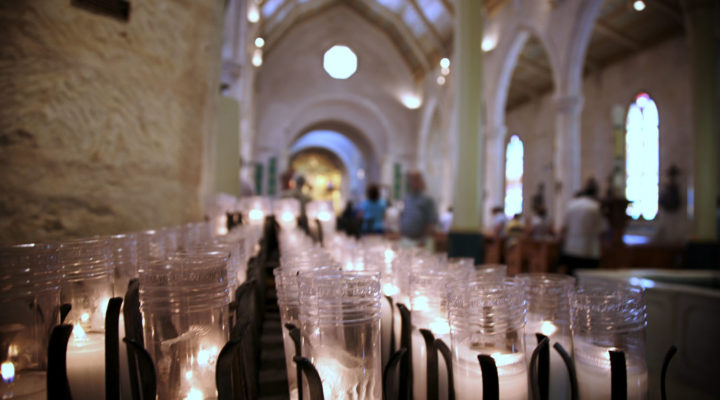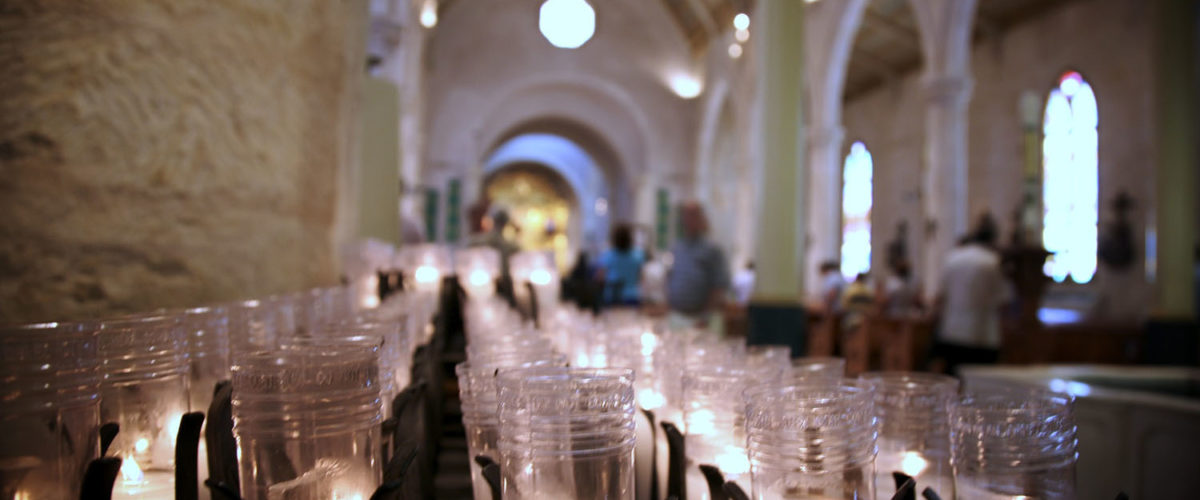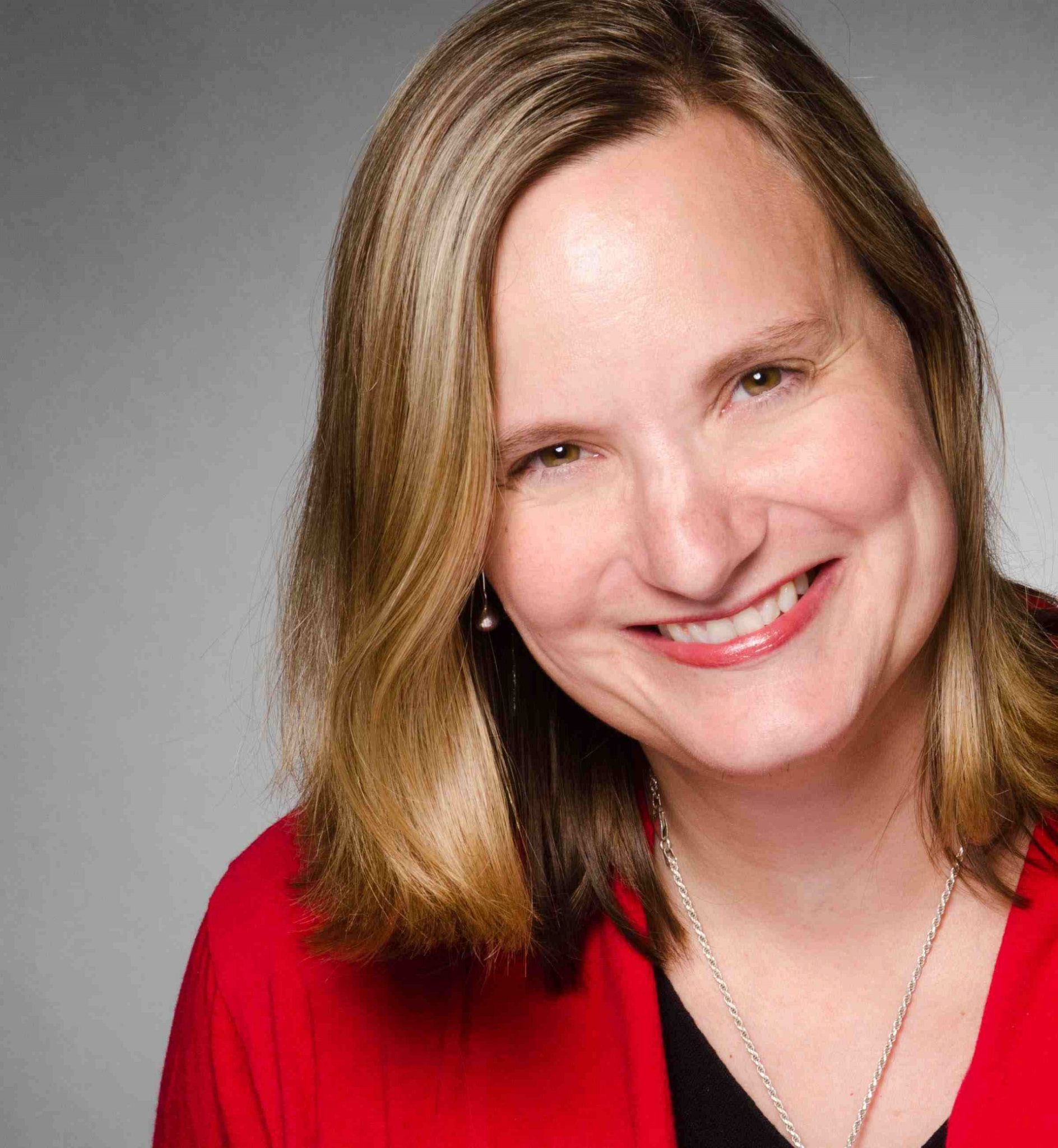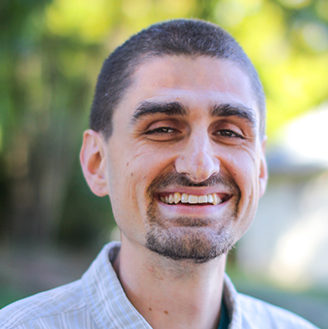It could be that the election of Donald Trump is having an unintended consequence: Driving more Americans to the practice of fasting.
It’s already been reported that prayer and worship attendance among mainline Christians are rising since Election Day. So why not fasting — and not just from food?
In her Flunking Sainthood column at Religion News Service, Jana Reiss said she was shattered by the outcome of Nov.8.
“A month ago today, our nation broke my heart,” Reiss writes in the Dec. 8 column.
Seeking calm and perspective, she embraced a modern take on fasting.
“In the immediate aftermath of the election, it became clear to me that I needed to withdraw from social media, among other self-protective measures, in order to continue to think the best of people,” she writes.
“On social media, it was all too easy to only see the worst,” she said in the piece titled “Fasting from Facebook in the Age of Trump.”
Clearing the mind
Reiss’ description of her social media fast reflects, at least in part, one of the goals of faith-based fasting: purification.
During the holy month of Ramadan, Muslims abstain from liquids and foods between sunrise and sunset. One of the purposes of the tradition is to serve as a reminder that God and the spiritual life come before bodily and material needs.
Christian, Buddhist and Hindu monastics describe fasting as a way of disciplining the mind in meditation and prayer.
“It has been scientifically proven that fasting makes the mind calm and serene,” Swami Muktibodhananda Saraswati wrote in a 1981 article titled “Hindu Science of Fasting” in the journal Yoga.
The Hebrew and Christian scriptures are replete with directions to fast. Jesus said prayer is more powerful when connected to fasting.
‘What fasting is about’
That approach can also be spiritually beneficial when applied to social media, said Jonathan Wilson-Hartgrove, who with his wife, Leah, founded Rutba House, a hospitality and new monastic community in Durham, N.C.
“In my community we talk a lot about how fasting is rushing toward the Kingdom,” he said. “It’s about giving up some good thing for something better, and sometimes that’s food.”
And sometimes it isn’t food.
“We may also give up time or some other thing that might be a normal part of life in order to dedicate more time to what God wants us to be,” Wilson-Hartgrove said.
Those other things can include social media.
“I have fasted, at times, from social media,” he said.
There are times when social media and other technology can become distracting. It’s important to find ways to refocus on what’s important.
“That is what fasting is about,” Wilson-Hartgrove said.
“When there is so much happening and so much that can stimulate the mind and the soul, it is important to have seasons when we remember what we are really about.”
‘… and I cried’
Wilson-Hartgrove said it’s hard to stick to a fast and added that he struggles with the practice.
In her “Flunking Sainthood” column, Reiss admitted she’s been struggling, too.
“That first week, I stayed off social media almost entirely,” Reiss writes “I did not blog or read other people’s blogs. I ate a lot of leftover Halloween candy, and I cried.”
Reiss said she’s prayed more than usual, too, but also “ducked in and out of social media for brief bursts of activity ….”
But she’s not feeling tempted to go all in, again.
“I’m sure the day will come when I’ll come back to social media for more than a few minutes at a stretch, and remember why I used to love it. But I can tell you that it’s not yet,” she writes.




